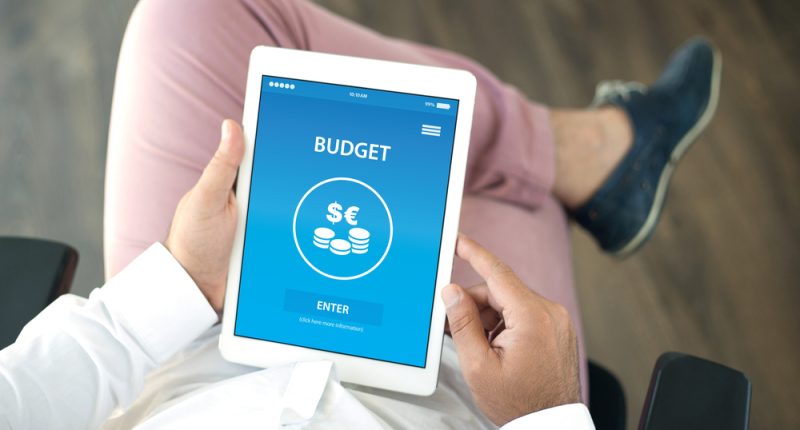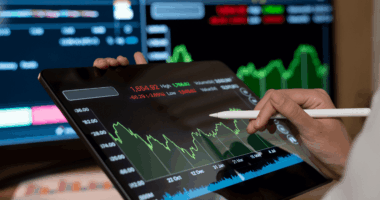Navigating Economic Uncertainty
Why Budgeting Apps Matter
In 2025, economic volatility driven by inflation, fluctuating markets, and geopolitical tensions makes smart budgeting essential for financial stability. Budgeting apps empower users to track spending, set savings goals, and adapt to unpredictable income changes. These digital tools offer real-time insights, replacing outdated spreadsheets with automated solutions. By providing clarity on cash flow, apps help households and individuals in Thailand and beyond stay resilient, ensuring they can weather economic ups and downs without sacrificing financial goals.
AI-Powered Financial Insights
Personalization Drives Savings
Modern budgeting apps leverage artificial intelligence to deliver tailored financial advice, transforming how users manage money. Tools analyze spending patterns, categorize expenses, and predict future costs, offering personalized recommendations to curb overspending. For instance, apps can alert users to unnecessary subscriptions or suggest cheaper alternatives for recurring bills. This level of customization, paired with intuitive dashboards, makes it easier to align budgets with long-term objectives like saving for a home or building an emergency fund in a volatile economy.
Top Apps for Budget Control
Features That Stand Out
Several budgeting apps shine in 2025 for their robust features. Apps following zero-based budgeting encourage users to assign every dollar a purpose, fostering disciplined spending. Others, designed for freelancers or gig workers, handle irregular income by forecasting cash flow and prioritizing essential expenses. Key features include bank account syncing, bill payment reminders, and debt payoff planners. These tools simplify financial management, helping users avoid late fees and maintain control during economic uncertainty.
Security and Privacy Focus
Safeguarding Your Data
With cyber threats on the rise, security is a top priority for budgeting apps in 2025. Leading platforms employ bank-grade encryption, multi-factor authentication, and biometric logins to protect sensitive financial data. Some apps, emphasizing privacy, store information locally on devices, minimizing exposure to breaches. For users in Thailand, where digital banking is growing, choosing apps with transparent data policies ensures peace of mind while tracking expenses and syncing accounts across multiple devices.
Tools for Collaborative Budgeting
Managing Shared Finances
Budgeting apps in 2025 cater to couples, families, and shared households, offering features like joint account tracking and shared savings goals. These tools allow partners to monitor spending in real time, fostering transparency and reducing financial stress. For example, apps enable users to split bills, track shared expenses, or roll over leftover budgets for future goals. Such collaborative features are invaluable for Thai families navigating rising living costs, ensuring everyone stays aligned on financial priorities.
Building Long-Term Wealth
Beyond Day-to-Day Tracking
While budgeting apps excel at expense tracking, many in 2025 go further by supporting wealth-building strategies. Features like investment tracking, net worth calculators, and retirement planners help users plan for the future. Some apps integrate with investment platforms, allowing seamless allocation of savings to stocks, bonds, or cryptocurrencies. By combining short-term budgeting with long-term financial planning, these tools empower users to protect purchasing power and achieve financial independence despite economic volatility.









